Not all housing markets are likely to remain stable in 2025. Some cities are already showing signs of strain. High prices, heavy dependence on federal jobs, or slowing local economies are creating uncertainty. These 15 cities might not experience a crash, but they’re definitely facing challenges that could affect their housing markets.
Seattle, Washington

Median home prices in Seattle still hover around $950K, but they’ve dipped more than 4% since last year. Add in a slight but notable federal workforce and shifting remote work patterns, and it’s getting harder to justify sky-high prices in a city where tech isn’t driving the train like it used to.
Baltimore, Maryland
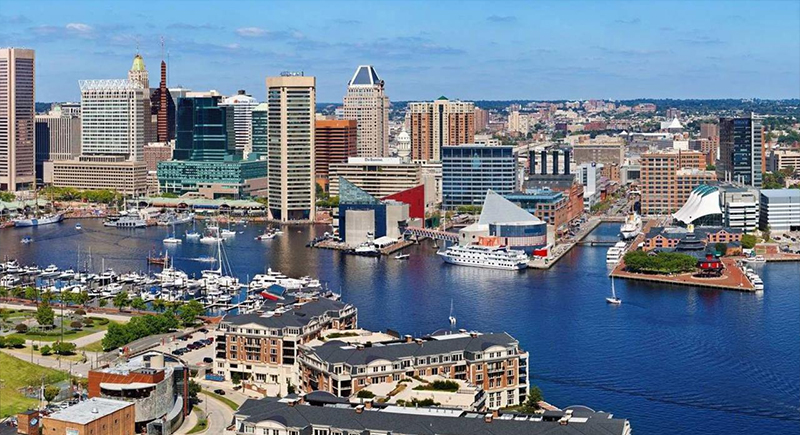
Prices in Baltimore rose 1.4% over the past year, but that might not mean much. Inventory is up, and economic confidence is down. About 7% of the city’s jobs are federal, which puts Baltimore on unstable ground if Washington decides to cut back.
San Francisco, California

San Francisco’s sky-high prices are hitting a wall as more tech workers leave or stay remote. The market, once among the hottest in the country, is now facing sharp corrections. Sellers may be forced to rethink their pricing in a city suddenly struggling to justify its cost.
Jacksonville, Florida

Jacksonville isn’t tanking, but it’s lost momentum. Prices dropped by 2.4% year-over-year, with listings averaging around $327K. Demand’s cooling, affordability’s slipping, and a modest share of federal jobs (3%) means there’s not a ton of cushion if things go south economically.
Providence, Rhode Island
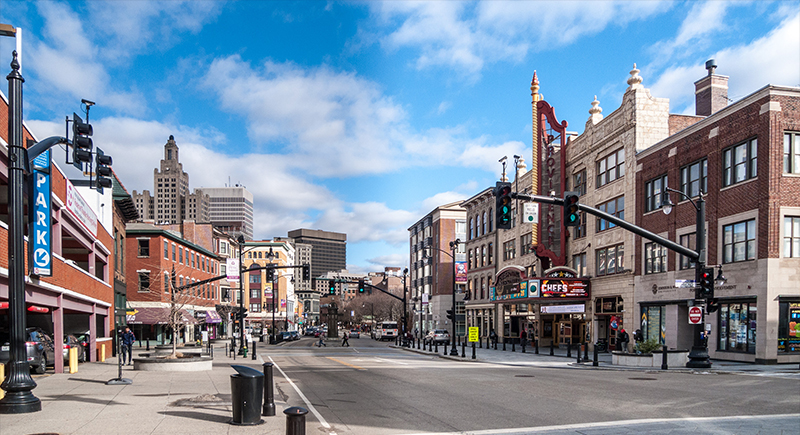
A 4.2% slowdown in growth has put Providence in a weird spot. The median price is roughly $429K, but cracks are starting to show. A federal employment rate of around 3% doesn’t offer much support if job markets start wobbling or interest rates climb again.
Riverside, California

Riverside’s numbers are misleading. Yes, home prices rose 6.2%, but that increase is tapering. Median listings around $350K may look appealing, but rising interest rates and an exposed economy are starting to cool demand. The city’s 3.7% federal employment rate could amplify the slide if broader economic conditions tighten further.
Virginia Beach, Virginia
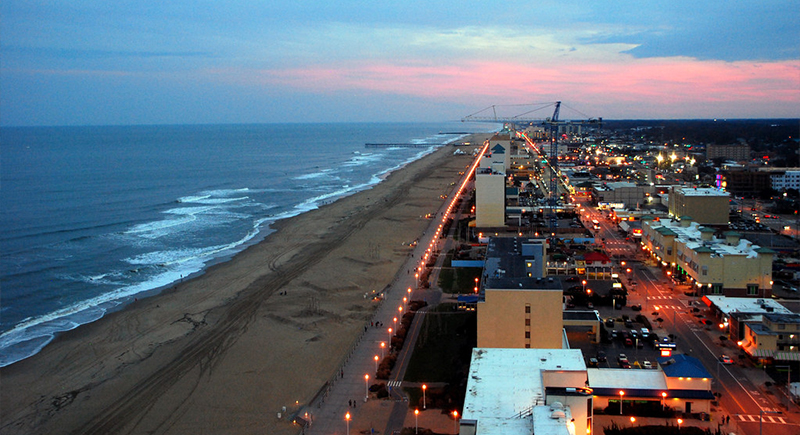
After years of solid gains, Virginia Beach is showing fatigue. Price growth slowed by 2.6%, and median listings hover near $315K. Federal employment accounts for over 4% of jobs here, which means changes to military or government spending could push this coastal city’s housing market into correction territory.
Hartford, Connecticut
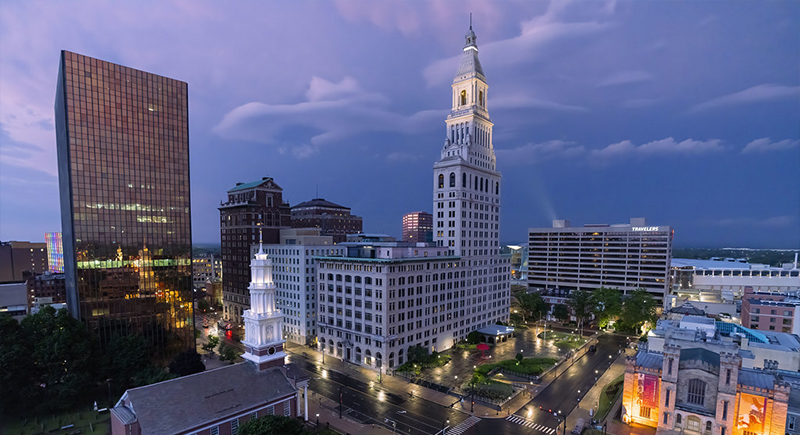
Hartford’s market is sagging. A 4% drop in home prices over the past year and fewer buyers in play make for a challenging mix. The median price sits at $399K, but without strong federal job support, Hartford could feel the heat sooner than other cities.
Louisville, Kentucky

On the surface, Louisville seems stable, but there’s a drift happening. Prices dipped 0.5%, and homes now list for about $250K. That’s still affordable by national standards, but inflation and job worries could eat into the buyer pool pretty quickly.
Orlando, Florida

Tourism drives Orlando’s economy, and that can be a blessing or a curse. Prices dipped 1% year-over-year, and with median listings near $396K, the market is testing the upper edge of what locals can afford. A 2.8% federal job rate adds further risk.
San Antonio, Texas
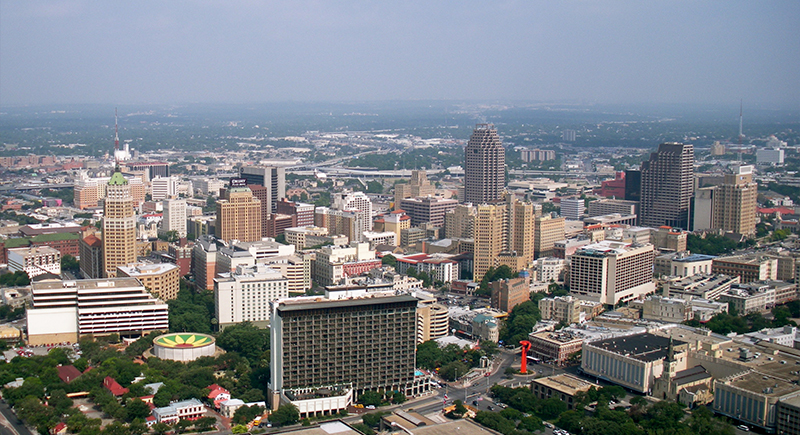
San Antonio saw a modest 1.3% price increase, but the momentum is fading. With homes listing around $328K, the city still looks relatively affordable, yet cracks are forming. A defense-heavy economy and 2.8% federal employment mean outside economic shifts could quickly push prices in the opposite direction.
Washington, D.C.
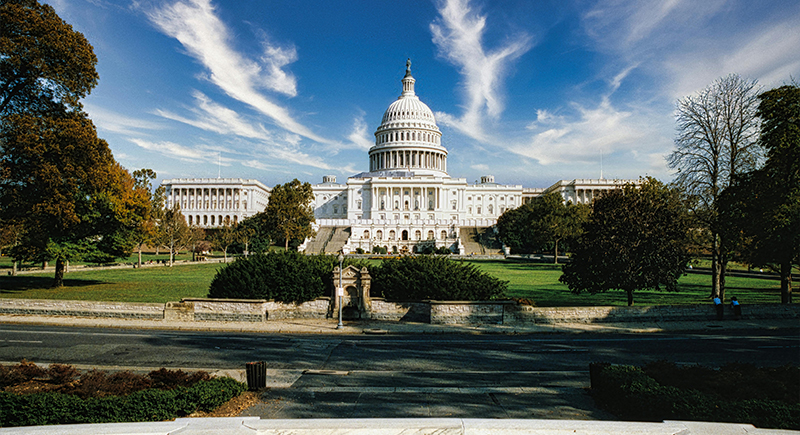
When nearly 11% of your jobs are tied to the federal government, housing prices can turn on a dime. D.C. saw a 3.3% price dip last year, with median listings still north of $580K. That’s a lot of money in a city where policy and payroll can change overnight.
Buffalo, New York
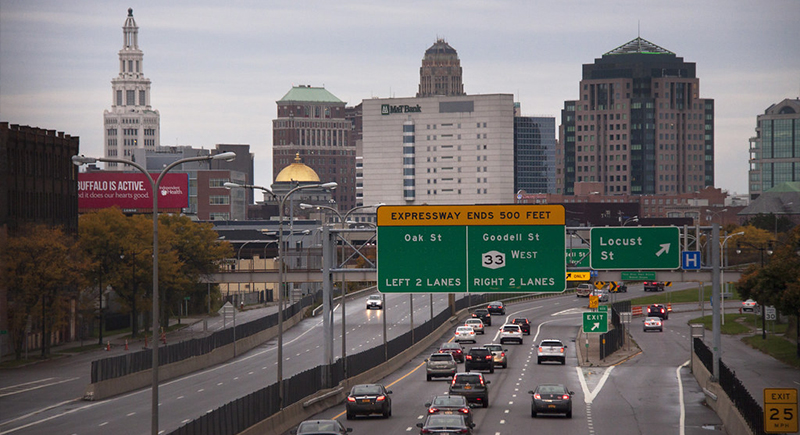
Buffalo’s chart looks like a roller coaster. Prices were up 6.3% in March, but February showed a dip. That kind of back-and-forth makes investors and buyers jumpy. With homes averaging around $240K, it wouldn’t take much to knock this market off-balance.
Birmingham, Alabama
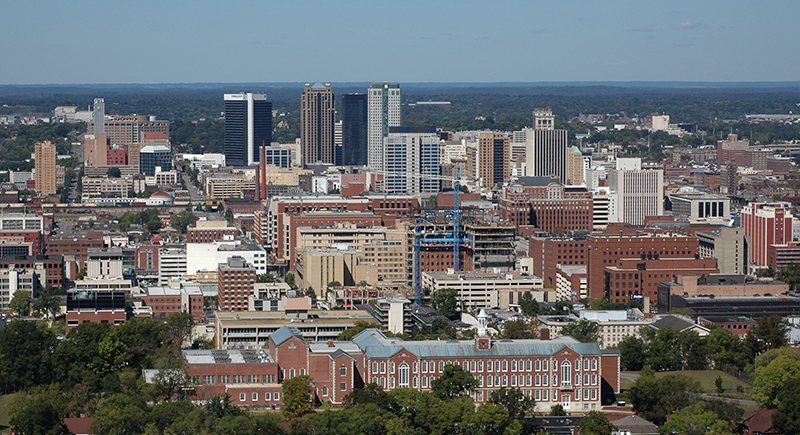
Birmingham surprised a few people with a 14% surge in home prices, but not everyone sees that as good news. It’s a smaller market with less federal job support (around 2%), so if rates stay high and demand dries up, there may not be much of a safety net.
Richmond, Virginia
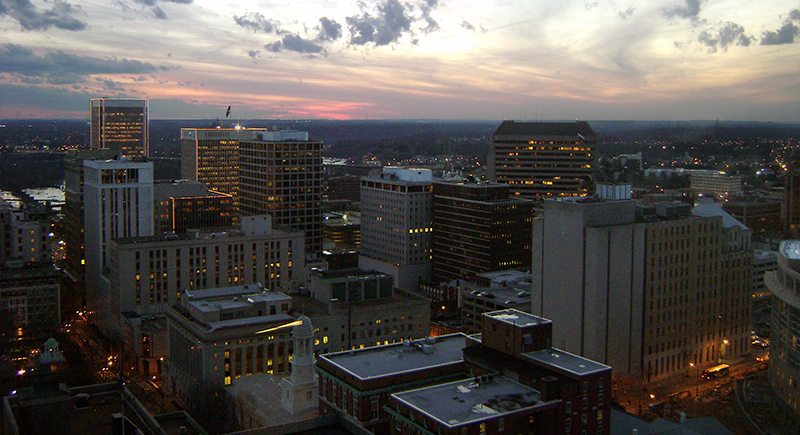
Richmond’s been heating up, but maybe too fast. Prices jumped from $421K to $445K between January and March. That kind of quick rise can sometimes lead to a quick fall, especially in a market where federal employment is a factor and affordability is wearing thin.